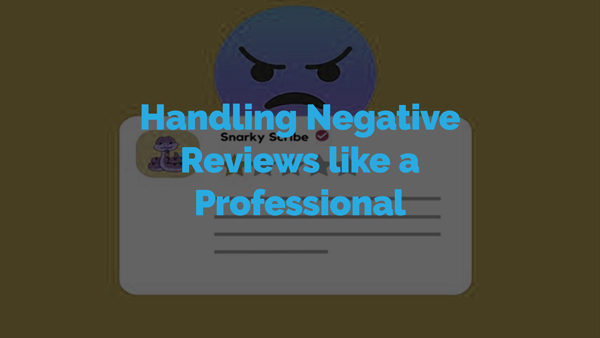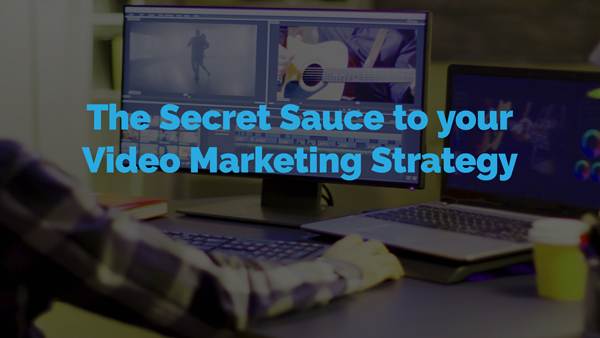Lot’s of people talk about wanting a faster website. And you may have heard of optimising website speed. But you may also be asking, why do I want a faster website?
Say you’re in a restaurant or a cafe. You’ve been sitting there for a while and the slow service is so bad, you think “I’ll just try the cafe next door”.
Website speed is the same, although it doesn’t just affect people jumping away from your page. So you might be thinking, “My website is fine. It loads fast enough”. You type your domain into your browser and it loads fast enough. Great.
But what if one of your customers has bad phone reception or is somewhere remote?
What if during the Christmas period, you start getting a lot of online shoppers and all of a sudden, your product images aren’t loading?
That’s when optimising your site’s speed for all situations is vital. With websites, every second counts.
Luckily for you, we’re going to let you in on all the ways, optimising your site’s speed can be better for your business.
What does website speed impact?
Bounce Rates
A bounce rate is the percentage of visitors to your site, that leave after viewing only one page.
A slow site is the same as that slow service restaurant.
47% of customers expect a website to load in less than 2 seconds.

Businesses need to have fast websites. If a potential new client or customer jumps away from your page because nothing is loading, that’s something we need to fix.
Having a website that is well designed and exciting is great, but when some of those design elements start making your site slower, users aren’t going to have a great experience.
Conversion Rates
What is a conversion rate?
Well conversion rates are the percentage of people who visit your website doing an action.
That action (or conversion) might be:
- Purchasing something
- Submitting a form
- Calling your business
- Subscribing to your newsletter
- Downloading something
- Spending time on your site
- Clicking through to your other pages
Your conversion rate is simply the number of people who visit your site and complete a conversion action as a percentage of the total number of people who visited your site.
For example, if you have 100 people visit your site, and 1 person buys your product and another fills out your contact us form, that’s a conversion rate of 2%.
Remember how every second counts?
Numerous studies have been conducted to show the relationship between site speed and conversion rate.

The faster your site, the longer people stay and the more likely they are to interact. This can have a huge impact on your revenue, not to mention the difference this can make if someone will want to revisit your site.
Conversion rate optimization is an ongoing process and has many factors to it, but your site’s load time can definitely help improve your conversions.
Search Engine Optimization (SEO)
Including the factors above, a faster website is just an overall better experience for the customer. This leads to more traffic to your site, lowered bounce rates and more conversions. These all improve your overall SEO and ranking.
Google Page Experience
Since 2020, Google has included a new set of metrics that evaluate the real-world user experience of a website. This evaluation is known as Core Web Vitals and it measures your Google Page Experience. As of August 2021, Google Page Experience is now 100% rolled out, which means that if your page experience isn’t good, your site won’t rank as highly.
Page experience also includes your website’s interactivity and visual stability but the largest metric involved is the page’s loading performance.
How Can I Check My Site’s Load Times?
We Can Help
Here at SBIM we are able to complete a speed test and diagnostic of your website. The last thing you’d want is to be missing out on potential customers because you site’s speed is impacting it’s performance.
How Can I Improve My Site Speed?
Change Your Hosting
At SBIM, we manage all our hosting through WPEngine. WPEngine is optimised for Core Web Vitals which means that website speed is prioritised in order to keep good SEO.
If you would like assistance with switching your hosting to WPEngine, let us know and we can do a full analysis of your site and find other ways to improve your speed.
Optimising Your Media & Files
Compressing pictures without losing quality, delivering images in next-generation formats such as WebP, and ‘lazy loading’ static material are all effective media optimisation methods.
Use different front-end optimizations such as minifying CSS and JavaScript files, optimising fonts, and more to reduce the size of your website page and improve loading speed.
For example, the size of your CSS, HTML, and JavaScript files may be reduced by using file compression programmes like Gzip and Brotli. With reduced code, the browser will be able to load files much more quickly, allowing you to improve the performance of your site and, as a result, your SEO score.
Full-page Caching
Full-page caching refers to the process of saving your website’s pages as HTML files on the server after they have been loaded for the first time. On the initial visit to your site, the whole page content from the database will be shown and saved. All of the others will get the page output directly from the server’s memory, which will significantly enhance your site’s speed and SEO score.
Use a CDN
Use a content delivery network (CDN) to reduce the time it takes for all of your visitors to load. The CDN will cache your content across a global network of servers and load your website from the closest one to the visitor, improving their experience with your page.
Optimizing for a faster website is an ongoing process that requires maintenance and following certain rules. It will become second nature once you get the gist of it. Creating beautiful websites, with authentic content that is fast and reliable will bring the online success of your business.
If you have any questions about improving your site’s speed. Give us a buzz. We’d be happy to have a look at your site, suggest recommendations or we can jump in and make the necessary changes ourselves. So if you’re looking to improve your site speed and SEO reach out.






